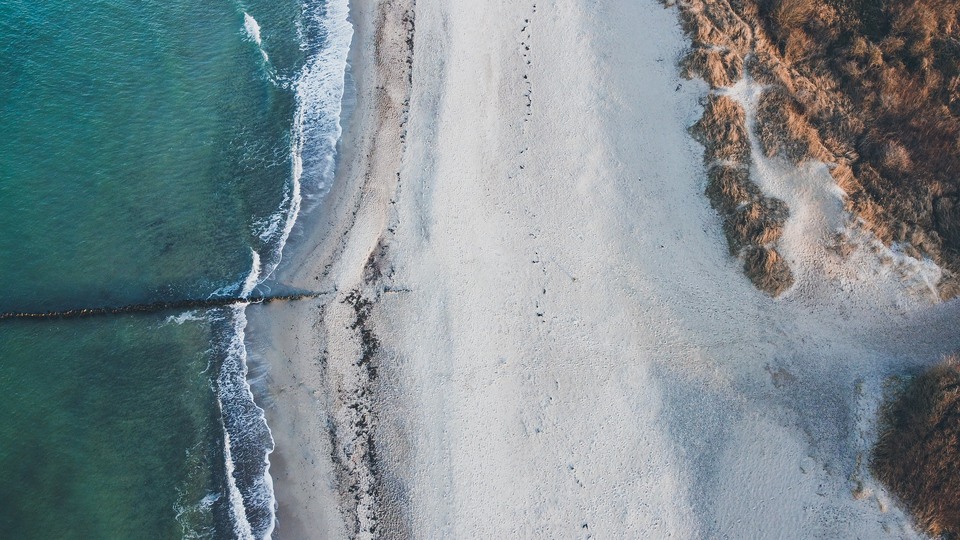
Zero PFAS II aims to reduce PFAS emissions in the Baltic Sea
The Zero PFAS II project is a collaboration within the Baltic Sea region to step up efforts to reduce PFAS emissions.
It is a continuation of the Zero PFAS I project during the pandemic years of 2020-2022 when IVL coordinated digital seminars with the Swedish University of Agricultural Sciences (SLU), Riga Technical University, Gdansk University of Technology, and Aarhus University.
During this second phase, the project will organize three roadshows in Stockholm, Tartu, and Vilnius. The focus is on compiling the state of knowledge on PFAS in Estonia and Lithuania and bringing together different stakeholders who can initiate and lead PFAS work in these countries. The purpose of supporting the development of these networks is to promote further EU-wide projects to reduce PFAS.
The project also holds regular digital meetings, Baltic Sea PFAS Network Coffee Break. These casual meetups will provide a platform where PFAS experts can discuss diverse issues on PFAS, and where people can learn more from experts at the forefront of this field. The network is cost-free to join and open to all. More information is available on the network's platform Baltic Sea PFAS Network Opens in new window..
Opens in new window..
The Zero PFAS II project is supported by the Swedish Institute's program to initiate projects that work with cross-border challenges in the Baltic Sea region and seek opportunities together with organizations from countries around the Baltic Sea. The project aims to create collaboration opportunities even after the project period.
Project facts
- Project name: Zero PFAS II
- Funder: Swedish Institute
- Budget: 495 000 SEK
- Cooperation partners: KEMI, Vilnius Tech, University of Tartu, UBC Union of the Baltic Cities
- Period: 2022 - 2024
Contact
Want to know more about IVL's services and offers? Enter your email address and choose which area you want to know more about, and we will get back to you.
